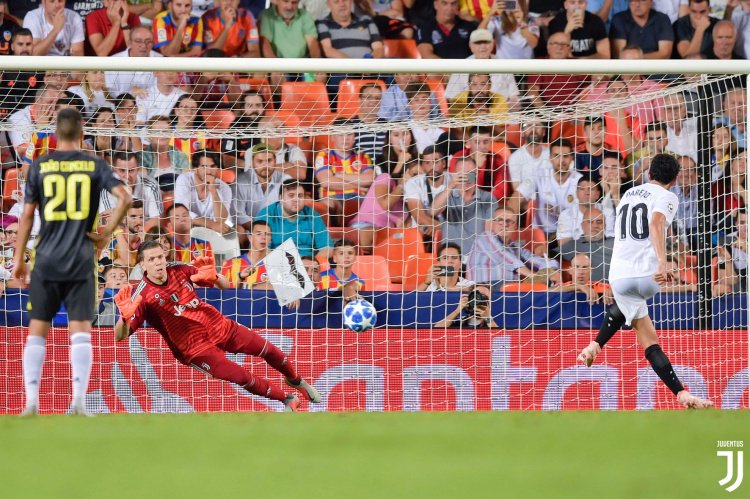Blockchain in Football: How Crypto and The Digital Ledger are Modernising European Clubs

Many sports fans may be wondering why the likes of Lionel Messi are promoting cryptocurrency companies on their social media. Blockchain is a groundbreaking innovation which has disrupted the finance sector; but it also has great potential in a number of other industries, too. And football is the latest among a string of industries taking steps to adopt blockchain technology.
European football clubs are at the forefront of the blockchain integration in the sports industry. As Bitnewstoday reported a few months back, PSG were one of the first major clubs to embrace cryptocurrency. The French club partnered with the blockchain platform Socios in order to launch a Fan Token Offering (FTO). The goal was to increase fan engagement with tokens that would give them access to VIP seats for the French club’s games, voting rights to certain decisions affecting the club and other rewards. As for the fans of the Italian team Juventus, they will be given similar benefits including the ability to weigh in on club policies. Meanwhile, English football club Arsenal’s partnership with CashBet also includes a digital currency but is currently only limited to online gaming purposes.
Football business expert Michael BROUGHTON explained that aside from the rewards model, blockchain technology has great potential in improving ticketing, which can go towards further increasing fan engagement. He says,
“Football clubs may know a ticket was used, but not always by whom. So, they will never be able to target any further club marketing towards these spectators. As a result, you will have less fan engagement. Most clubs and stadiums have this issue.”
One of the advantages of blockchain technology is public record-keeping. This digital ledger will keep centralised records of the names of match attendees and clubs will be able to streamline their marketing aspect armed with this information.
He adds that as per the European Union's General Data Protection Regulation (GDPR), companies will need to be transparent with what they do with this information. First, they will have to show consent from the users that their personal data can be kept and shared with the clubs. Users will also be given the option to keep their data private so that their personal information won’t be used elsewhere or sold on to third parties.
In addition, cryptocurrency could be used for transfers. In England, the number of Premier League clubs testing out this new model has increased to seven. These Premier League clubs signed sponsorship deals in Bitcoin and will be paid in digital currencies rather than the traditional pound notes. These include Leicester City, Brighton & Hove Albion, Crystal Palace, Cardiff City, Newcastle United, and Southampton. The last one in this list is Tottenham Hotspur, who are the biggest club to have signed this type of sponsorship deal. With Spurs predicted to finish in the TOP-4 this season, according to bwin football, they are by far the most high profile, and could help improve the adoption of blockchain and use of Bitcoin in the EPL.
With blockchain, experts predict that this will become a League-wide model and that all top athletes will receive Bitcoin instead of Pound sterling. Eventually, transfers in cryptocurrency units will be the norm in the sport of football as well.
However, despite regulations such as the GDPR, there is still a lot of reasonable concern over security and privacy matters. Cryptocurrency groups are mainly focusing on being endorsed by celebrities such as elite athletes, which attract sports fans who are not necessarily knowledgeable about cryptocurrency. In the midst of a loosely regulated sphere, this might make unwitting fans vulnerable to fraud or bad investments on the market.
Hopefully, the involvement of football clubs with blockchain technology companies will force the creation of stricter rules that will protect the interest of all stakeholders. This includes small-time investors who just want to get closer to their favourite sports teams. These elite athletes have so much influence on the public sphere and may just make paper money a thing of the past, and cryptocurrency the way of the future.
Image courtesy of Juventus Facebook Page